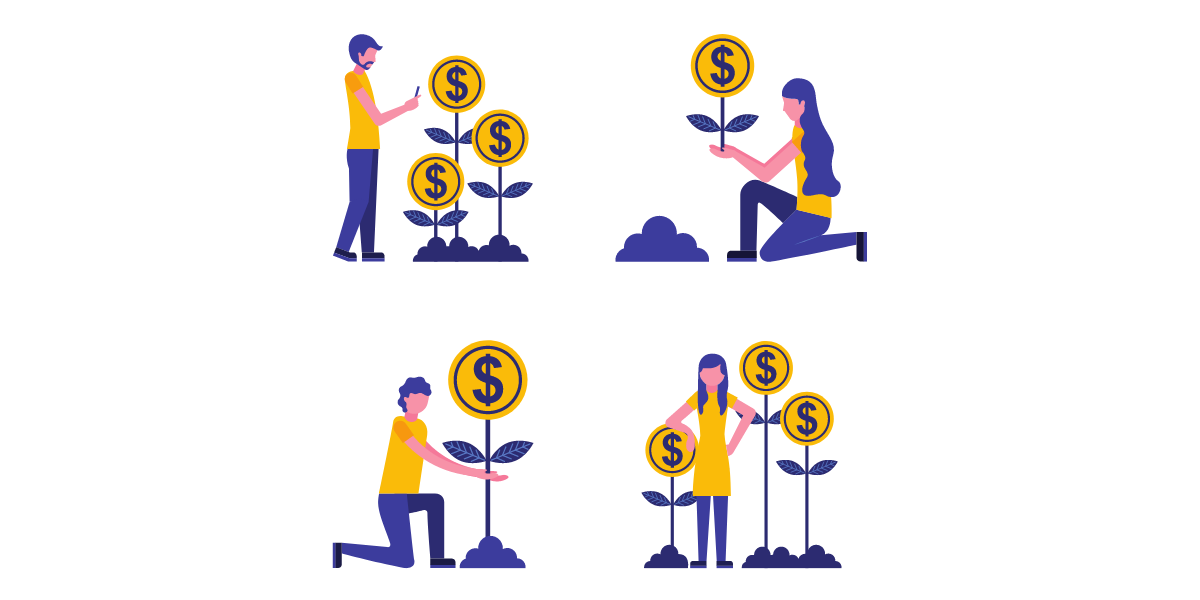
These mistakes don’t have to be spiritually significant. They can simply cause a company to fail or shut down. These are some of the mistakes I’ve personally witnessed in action. Knowing about them may help you avoid their terrible consequences.
1. Focusing on the trappings and not the essence of business.
My one and only mistake in business partnership was my partner’s enjoyment of meetings that, to her, did little or nothing. It was also tricky for her to understand why I didn’t enjoy sitting at a conference table and going through a list of things that we had already discussed. “Haven’t you always wanted a business?” When I objected, she replied once.
It was too time-consuming. Others spend too much time on their logo, office decor, or long-range strategy. They don’t have the energy to find and keep clients. Focus on your core business tasks.
2. Don’t rely too heavily on one client.
If more than 40% of your business is from one source, you’re asking for trouble. It’s tempting to take advantage of the conveniences offered by clients who want to use you more often. I have seen many clients come to me after their big client has refocused, restructured or decided that it is not a good idea to continue using you. Serving a range of clients, who can’t all go bankrupt at once, will help you to increase your economic security.
3. It is essential to not lose sight of the long-term.
A lucrative contract was offered to me by a dot-com company for a year and a half during the Internet boom. They would match my earnings if I hired them full-time. It would have been a loss of momentum that I had built on the Internet. I declined.
I witnessed business owners succumb to the lure of “money now” and place all their hopes on a new venture, whether they were employees or entrepreneurs. It collapsed in two years. They had to start over from scratch after having sold or given up on their past successes. It was wise to forgo some immediate opportunities in order to ensure sustainability over the long term, in my opinion.
4. Too many people stick with low-profit “sureties” for too long.
It’s hard to let go of an activity that reliably brings in business. Even if it requires too much effort for its financial returns. One-shot seminars for adults in Boston, Providence, and Cambridge were vital to me. They brought me clients who needed assistance with writing projects from 1988 to 2001. Each seminar required me to drive through traffic jams, park, get home late and make less than $10 per hour when you consider the time I spent. All this was done in order to gain clients who paid me less than those who needed marketing assistance.
These seminars were a waste of time, and I should have stopped doing them years ago. I could have spent my energy elsewhere. Every year, take a step back and think about your activities.
5. Do not ignore collections
One of my friends, who was a bookkeeper, shared with me the story of a client who rarely sent bills due to how boring it was compared to the social interactions he had in his business. It’s no wonder he was having trouble with cash flow. This must be a common problem, judging by the many late bills I get from solo-business owners.
You’re not just delaying payment if you fail to pay your bills on time and don’t pursue non-payers aggressively. Your income is at risk because you’re putting off the cost of the service or product that was received. The longer it takes before they ask, the less likely your chances of getting the money. The American Collectors Association states that if you wait for four months, your chances of getting paid are only 80 per cent. Only 67 per cent of collections are cleared after six months. Don’t delay in sending those bills!
6. Getting discouraged.
George Leonard, a pioneer of human potential and a teacher in aikido (a martial art), is one of the most valuable books I have ever read. He describes the typical learning curve for any type of human endeavour: whether it’s learning a language or a musical instrument or building a business.
A plateau is a stage in the standard learning curve. This is where progress seems to stop, and there might even be backsliding despite the fact that the effort was not diminished. The plateau stage can often be followed by a rapid spurt forward if the person continues to work hard. Although it may not seem like a critical success skill to keep at it in the face of no visible results, it is often the difference between those who succeed and those who quit right before they see the fruits of their labours.
